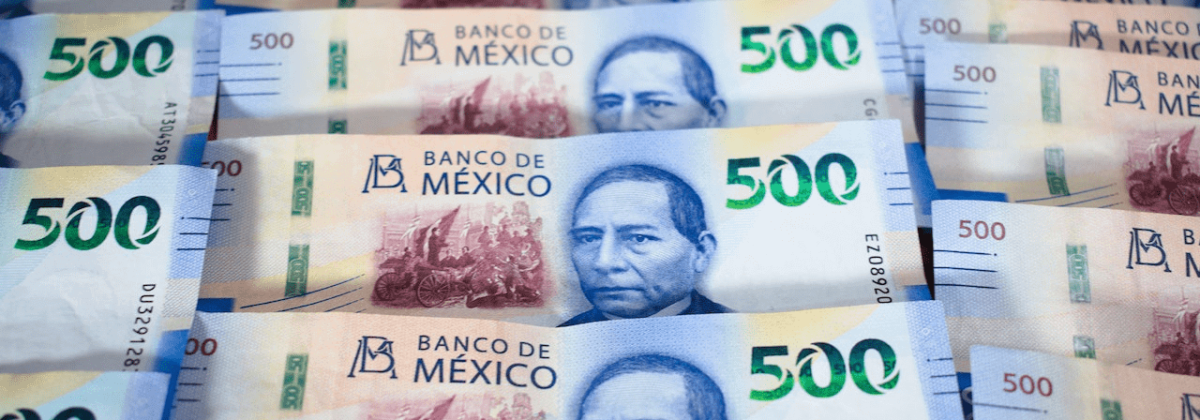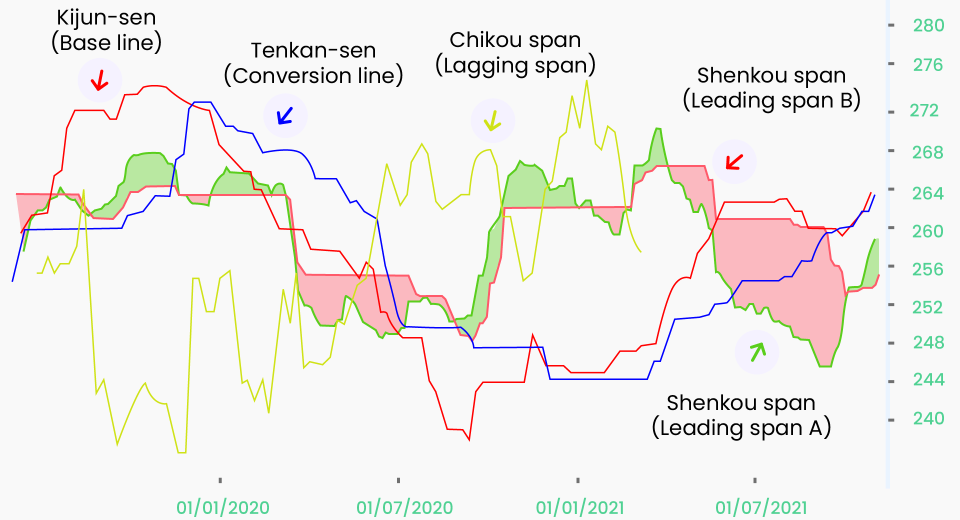Exotic Currency Pairs: What to Know to Trade Them

Exotic forex pairs are the most thinly traded currency pairs. They involve one major currency (currencies belonging to the G7 nations) and a currency of a developing nation. Despite the low volume, exotics are a popular forex trading asset among some traders. Read on to find out what drives them and some strategies that help trading exotic currencies.
Why Trade Exotic Forex Pairs?
The exoticism of a forex pair is in no way a reflection of the relative price of the currency or state of the economy of the country to which it belongs. It simply means that the trading volume of the pair is much lower, often less than 2% of the total daily volume in the global forex market. Despite their low volume, trading exotic currencies offers several benefits. Here’s a look at these.
Higher Volatility
Exotic pairs are often more volatile than major or minor forex pairs. This means their price interest point (pip) movement is much higher than that of their major peers, which enhances the potential profit from a winning trade.
For instance, consider the EUR/USD pair. It may move from 1.3026 to 1.3027 or to 1.3025, both of which involve the pip movement of 0.0001. On the other hand, an exotic pair like EUR/NZD may move from 175.54 to 175.55 or 175.53, which makes the pip 0.01 (which is 100x higher).
Opportunity to Diversify
Exotic pairs add a unique dimension to portfolio diversification. They help hedge against sudden moves in major currencies, which tends to occur around economic releases or important news updates.
Lower Correlation
Exotic forex pairs do not have a very high correlation with global macroeconomic events or even with traditional instruments like equities and bonds. This allows traders to develop a more refined trading strategy.
Higher Interest
Currencies of emerging markets provide higher interest rates for holding positions overnight. However, traders will need to consider the overnight charges when trading these.
What You Need to Know Before Trading Exotic Pairs
- Exotic currency pairs have lower liquidity, making it slightly more difficult to enter a position than when trading major or minor pairs. This increases the risk of slippage, which may impact the trading plan and profit potential.
- In case prices move against a trader’s predictions, the inability to exit the trade fast may lead to higher losses.
When creating a trading plan that includes exotic currency pairs, it’s best to keep some margin of error to account for slippage.
Most Popularly Traded Exotic Pairs
Here is a list of the most traded exotic pairs. This means they have the highest volume and lowest slippage among exotic pairs.
- USD/TRY (US dollar/Turkish lira)
- EUR/TRY (euro/Turkish lira)
- USD/CZK (US dollar/Czech koruna)
- USD/ZAR (US dollar/South Africa rand)
- EUR/MXN (euro/Mexican peso)
- USD/HUF (US dollar/Hungarian forint)
- USD/SEK (US dollar/Swedish krona)
Did you know?
Exotic pairs can be formed by two exotic currencies as well. The most common are:
- AUD/NOK (Australian dollar/Norwegian krone)
- MXN/HUF (Mexican peso/Hungarian forint)
What Moves Exotic Currencies?
The valuation of exotic currencies is different from that of major ones. While currencies like USD and GBP tend to move with economic data releases, such as GDP reports or interest rate hikes, the value of the exotic currency is mostly affected by the political landscape of the country. A stable political system that is trusted by the citizens pushes currency prices higher, which political unrest can make the currency unstable, with a downward pressure.
For instance, the Turkish lira plummeted after a massive earthquake struck the country in the second week of February 2023. However, the TRY/USD forex pair had already lost around 30% over the past year due to a steep decline in President Recep Tayyip Erdoğan’s popularity and government elections slated for June 2023.
Exotic Currency Trading Strategies
Due to fewer market forces impacting exotic forex pairs, their trading strategies can be quite simple and straightforward. Here are a few of them.
Trend Trading
This requires observing the price movements over an extended period and riding the trend. Traders open long positions during an uptrend and short positions during a downtrend. Quantitative data helps identify an impending reversal, signalling to close the position. Stop loss and trailing stop loss are effective risk management techniques when trading exotic forex pairs. Additionally, setting the take profit limit helps traders book profits before the trend reverses.
Range Trading
When the price of a currency pair fluctuates within a range, traders take advantage of peaks and troughs. They identify entry points using candlestick patterns such as wedges and triangles. Range trading helps traders take positions when the market moving sideways, with order limits at the support and resistance levels.
Breakout Trading
Breakout traders often combine technical and fundamental analysis techniques to identify the potential and signals of a foreign exchange pair being ready to break out of a range. It is a proactive strategy rather than a reactive one. A directional price move, breaching support, or resistance level marks the entry point for traders. Technical indicators such as pennants, and wedges, combined with an increase in trading volume and volatility are strong breakout signals.
How to Trade Exotic Currency Pairs?
Forex trading with exotic currencies is possible either by directly trading the currencies or via derivatives like CFDs. Direct trading requires higher upfront capital, while CFD trading is possible with lower capital, as leverage reduces the entry barrier. However, traders must be cautious as leverage can amplify both the potential profits as well as losses.
Trading exotic currencies demands deeper market study to understand the movement patterns of the currencies. Additionally, different exotics may move differently.
To sum up
- Exotic currency pairs are traded less frequently than major and minor forex pairs.
- They offer high volatility, better diversification, and lower correlation with other assets.
- Trading exotic pairs is possible with a straightforward strategy.
- Exotic currencies are impacted more by the internal political atmosphere than the economic situation of the country.
- CFD trading enables traders to identify trading opportunities in exotic forex pairs with lower upfront capital.
Disclaimer:
All data, information and materials are published and provided “as is” solely for informational purposes only, and is not intended nor should be considered, in any way, as investment advice, recommendations, and/or suggestions for performing any actions with financial instruments. The information and opinions presented do not take into account any particular individual’s investment objectives, financial situation or needs, and hence does not constitute as an advice or a recommendation with respect to any investment product. All investors should seek advice from certified financial advisors based on their unique situation before making any investment decisions in accordance to their personal risk appetite. Blackwell Global endeavours to ensure that the information provided is complete and correct, but make no representation as to the actuality, accuracy or completeness of the information. Information, data and opinions may change without notice and Blackwell Global is not obliged to update on the changes. The opinions and views expressed are solely those of the authors and analysts and do not necessarily represent that of Blackwell Global or its management, shareholders, and affiliates. Any projections or views of the market provided may not prove to be accurate. Past performance is not necessarily an indicative of future performance. Blackwell Global assumes no liability for any loss arising directly or indirectly from use of or reliance on such information herein contained. Reproduction of this information, in whole or in part, is not permitted.




